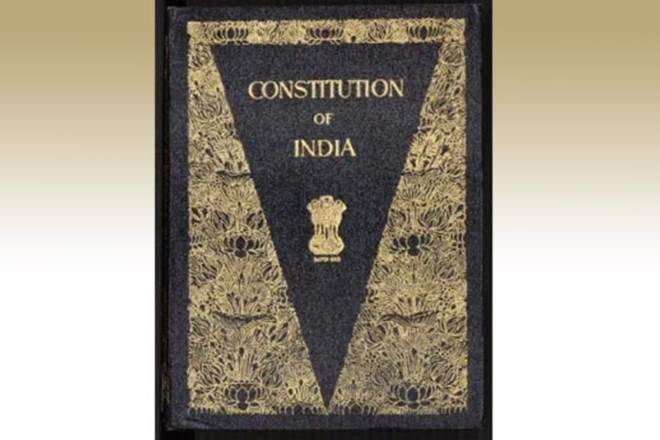On deciding a case regarding the contradiction of rules framed by the new and old state, the Supreme court decided that the state under proviso to Article 309 of the Constitution empowered them to prescribe conditions, rules for employment as deemed appropriate apart from the already present enactments. This judgment was passed in the case of Suman Devi & ors. vs. State of Uttarakhand and Ors. [C.A.No.554-557/2021], by a Single Bench consisting of Hon’ble Justice Ajay Mohan Goel.
According to the facts of this case, the appellants were registered as Auxiliary Nurse Midwives (ANM) and complained that the Uttarakhand High Court’s judgment regarding their ineligibility for appointment to the cadre of Family Health Worker (FHW), ANM, and Health Supervisor (HS) was erroneous. The erstwhile United Provinces enacted a law, the UP Law. The object of the UP Law was to provide for the registration of the nursing profession and was later amended, where the definition of ANM was inserted. The Indian Nursing Council (INC) was brought into force with the objective to set up a central council (Council) for a uniform standards of training. Section 11 of the INC Act, stated that notwithstanding other laws, any recognized qualification was to be sufficient qualification for enrolment in any State register. Rule 5 of UP framed the Uttar Pradesh Department of Medical Health and Family Welfare Health Worker and Health Supervisor (Male and Female) Service Rules, 1997 stated that direct recruitment through the Public Service Commission of Health Worker (Male) would be from male candidates who successfully completed the 1-year basic health worker training course conducted by the departmental divisional training centers of the state. For females, the rule 5(2) provided that they needed 1 and a half years of training conducted by the Uttar Pradesh Nurses and Midwives Council, Lucknow. Such candidates also had to be duly registered under the Uttar Pradesh Nurses and Midwives Council, Lucknow. However, it was apparently amended in 1998.
The State of Uttarakhand was formed on re-organization of the State of U.P and adopted the laws of composite U.P. Thus, the 1997 Rules providing for recruitment of male and female Health Worker with the 1998 amendments, continued to remain in force in Uttarakhand. In 2007 the INC provided that the basic qualification for the Nursing Auxiliary program was the Secondary School Certificate Examination. In 2016 it was again amended to intermediate or equivalent (10+2 from a recognized board) in the science stream. Writ petitions were filed before the Uttarakhand High Court, questioning the advertisement and seeking a direction that the recruitment, to the extent it was contrary to the rules.
After hearing both the parties, it was observed by the Supreme Court that there was no merit in the contention that the requirement of an intermediate in science stream did not exist since the adaptation order under the Reorganization Act omitted the rules framed by the erstwhile state of UP. The supreme court observed that the Reorganization Act provided for laws of the erstwhile state of UP to remain operative in Uttarakhand and section 87 had the effect of obliging the state and the courts to thereafter enforce the existing laws, to the extent they were modified within a period of 2 years from the date of commencement of the Reorganization Act. in other words the power to adapt only meant such laws which required some modifications or adaptations, could be so modified or adapted within the period defined, i.e., 2 years.
The supreme court held that the state as a public employer s empowered by virtue of the proviso to Article 309 of the Constitution of India, to frame appropriate rules. These rules can prescribe conditions of service for various posts, classes of posts, and services under the state. The fact that INC Act allowed the council to prescribe conditions for uniformity is in no way undermining the authority of the state to prescribe other conditions. The court, therefore, concluded that it perceived no conflict between the provisions of the INC Act and the recruitment rules which were in force in the state of Uttarakhand from the time of its creation in 2000, till 2016 when the rules were changed after the advertisement in question for the recruitments was issued.
The supreme court concluded by holding, “In view of the foregoing conclusions, there is no merit in these appeals; they are dismissed without any order on costs.”


